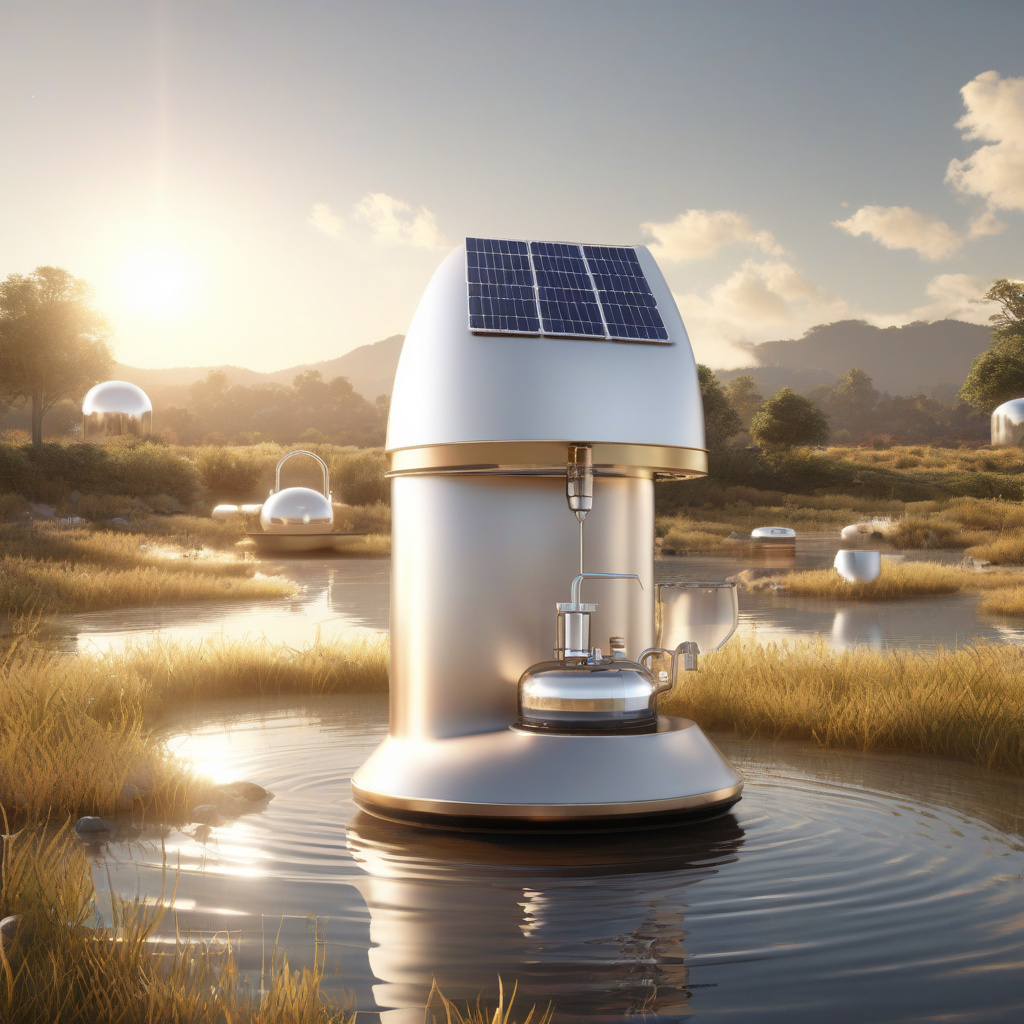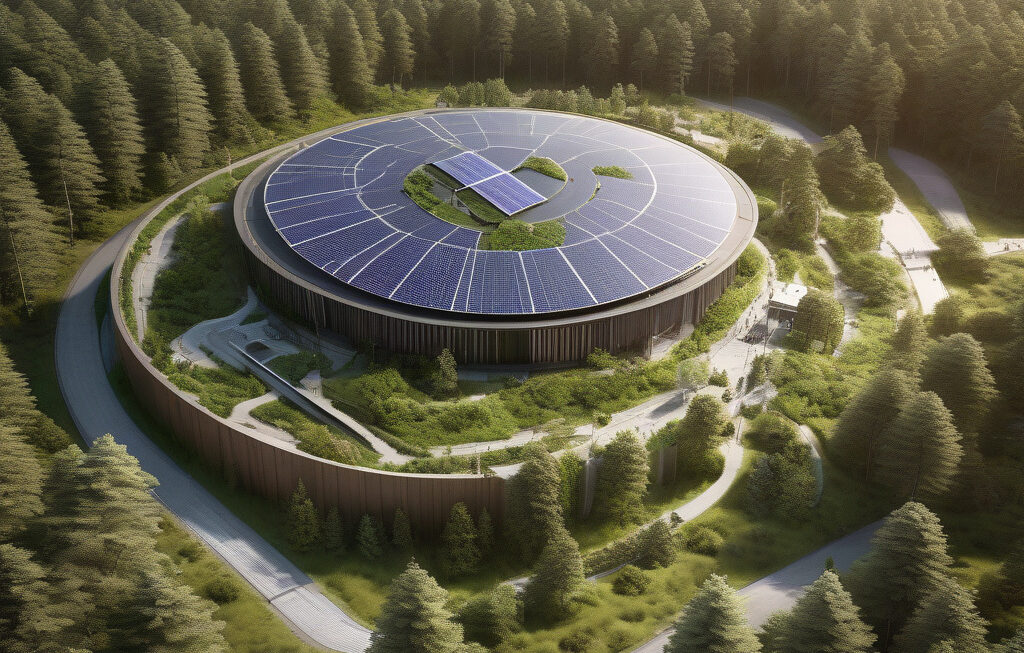Solar Innovations: US Scientists Develop Solar Water Purifier with Heat Storage Capability
U.S. scientists have designed a groundbreaking solar-powered desalination system that operates off-grid and uses a unique heat storage feature to continue working even after the sun sets. This innovation marks a significant advancement in sustainable water purification technology, offering promise for communities in remote areas without access to clean water sources.
The newly developed solar water purifier utilizes a combination of photothermal materials and membrane distillation to effectively remove contaminants from water, making it safe for consumption. What sets this system apart is its ability to store excess heat generated during the day, allowing it to function seamlessly during nighttime hours or cloudy weather conditions. By harnessing and storing thermal energy, the purifier can maintain optimal operating temperatures without relying on continuous sunlight.
This technology addresses a critical need for reliable and energy-efficient water purification solutions, particularly in regions facing water scarcity and pollution challenges. By leveraging the power of the sun and incorporating thermal energy storage, the system offers a sustainable and cost-effective way to produce clean drinking water.
One of the key advantages of this solar water purifier is its versatility and scalability. The modular design allows for easy customization to suit varying water treatment requirements, making it suitable for diverse applications ranging from small-scale household use to large-scale community installations. This flexibility ensures that the technology can be adapted to different settings and operational needs, maximizing its impact and accessibility.
In addition to its practical benefits, the solar water purifier also aligns with global efforts to combat climate change and reduce carbon emissions. By harnessing renewable solar energy and minimizing reliance on traditional power sources, the system offers an eco-friendly alternative for water purification, contributing to environmental sustainability goals.
Furthermore, the innovative approach of integrating heat storage into the purifier demonstrates the power of interdisciplinary collaboration and creative problem-solving in scientific research. The successful combination of materials science, solar technology, and water treatment engineering highlights the potential for cross-disciplinary innovation to drive positive change and address complex societal challenges.
As this solar water purifier continues to undergo testing and refinement, its potential impact on water access and quality worldwide is immense. By providing a reliable, off-grid solution for clean water production, the technology has the capacity to improve health outcomes, enhance agricultural productivity, and support sustainable development in underserved communities.
In conclusion, the development of a solar water purifier with heat storage capabilities represents a significant advancement in water treatment technology, offering a sustainable and efficient solution for communities in need. With its innovative design, reliance on renewable energy, and potential for scalability, this system has the power to transform water purification practices and contribute to a more sustainable future for all.
solar, water purification, sustainability, innovation, clean water











